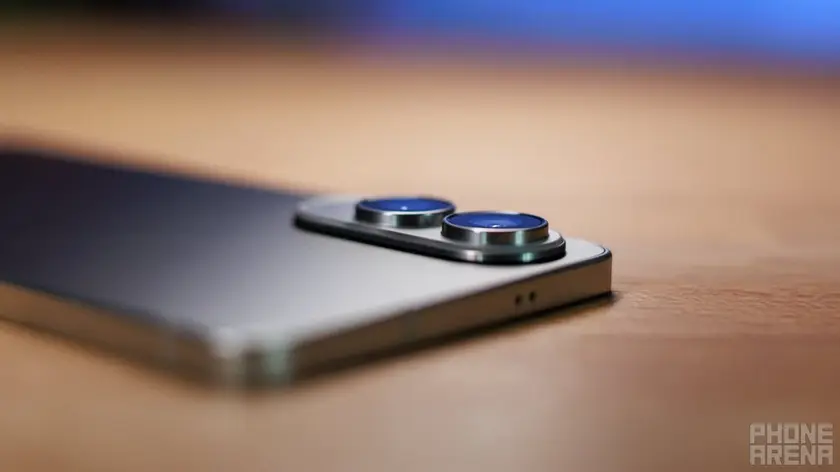T4K3.news
Samsung plots display free glasses in 2026
The company aims a 2026 release for screenless glasses and a 2027 AR model backed by Google Gemini
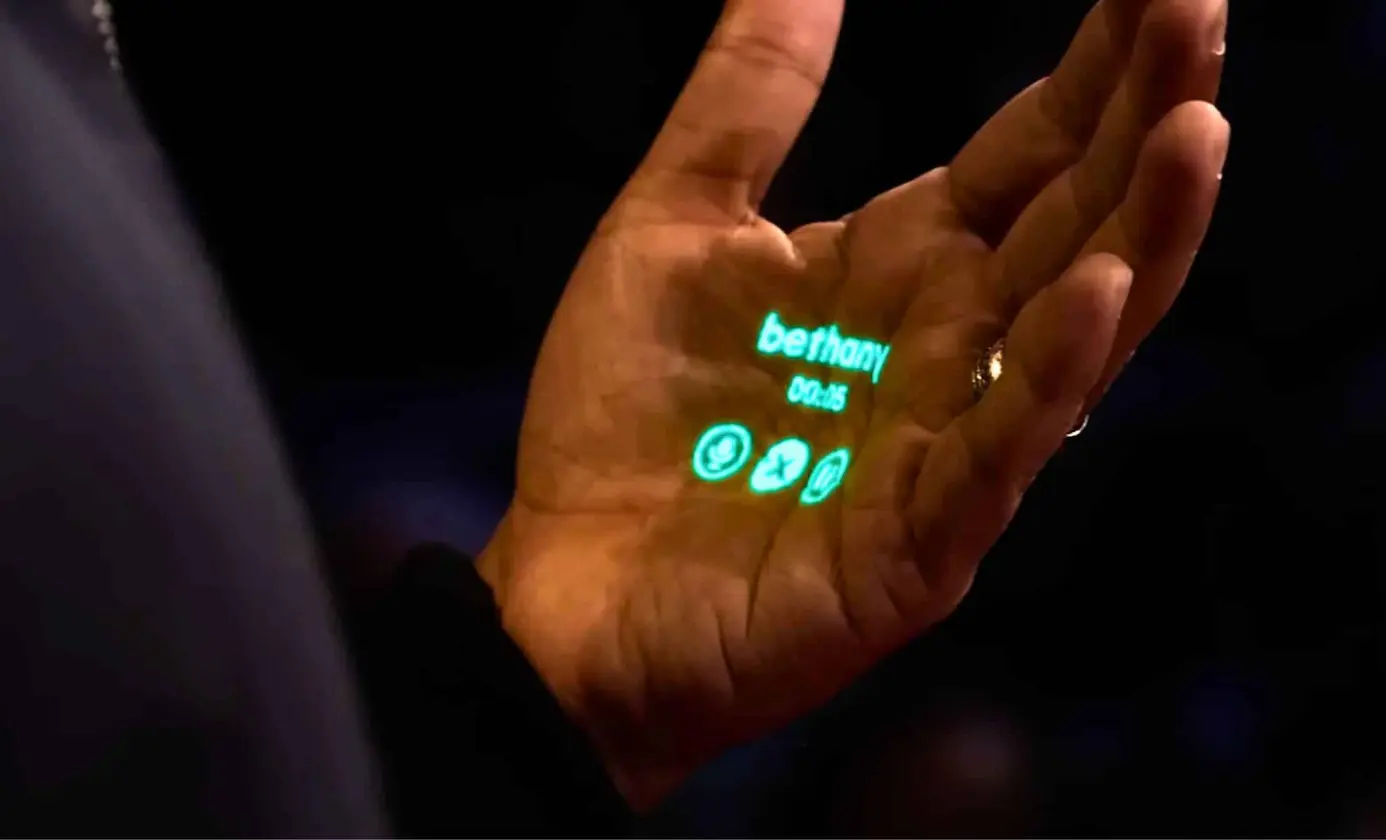
Samsung moves beyond phones with display free glasses now and an AR model later.
Samsung bets on smart glasses to kick off a new era beyond smartphones
Samsung is preparing its first pair of smart glasses that will not feature an augmented reality display in the initial release. The glasses will include a built in camera, microphones, speakers, and an AI assistant designed to work with Galaxy smartphones. They are intended for everyday wear rather than immersive experiences, letting AI handle tasks currently done on a phone. The glasses are cheaper and simpler to produce than full AR headsets, which could help them reach mainstream users.
A second generation with an AR display is planned for 2027. It would project digital overlays into the real world, potentially rivaling similar efforts from Apple and Meta. Samsung is leveraging its Google Gemini partnership and building its own software ecosystem to control the experience from hardware to app. The move signals a broader push to wearables as the future of mobile computing.
Key Takeaways
"Face tech could become the new pocket computer"
A shorthand on the potential shift to wearables
"The next reboot of mobile sits on the face"
Editorial take on the era shift
"AI glasses promise hands free help not full immersion"
Describes the product approach
"Privacy questions could outpace the hype"
Notes risk and public reaction
The shift from pocket screens to face worn AI reflects a strategic bet on everyday, hands free interaction. It could reshape product design and revenue for Samsung if the software and privacy framework hold up. The timeline tests market appetite and supply chain readiness while the industry watches for regulatory signals.
If Samsung succeeds in scaling software and addressing privacy and cost concerns, it could steer how people access digital services and AI on the go. The path will require clear consumer value and trustworthy data practices to reach mass adoption.
Highlights
- Face tech may become the new pocket computer
- The next reboot of mobile sits on the face
- AI glasses promise hands free help not full immersion
- Privacy questions could outpace the hype
Privacy and adoption risks in next generation glasses
The shift to display free and AR glasses raises privacy concerns, potential public backlash, and questions about mass adoption, battery life, and cost. Regulators and privacy advocates may scrutinize always on cameras and data collection.
The eye may be the next frontier but trust remains the currency
Enjoyed this? Let your friends know!
Related News
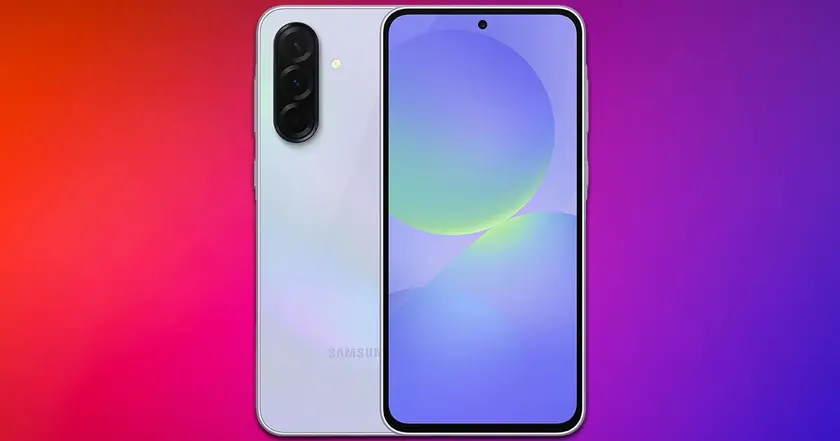
Samsung Galaxy A35 deal ends Tuesday

Apple plans foldable iPhone and two other models
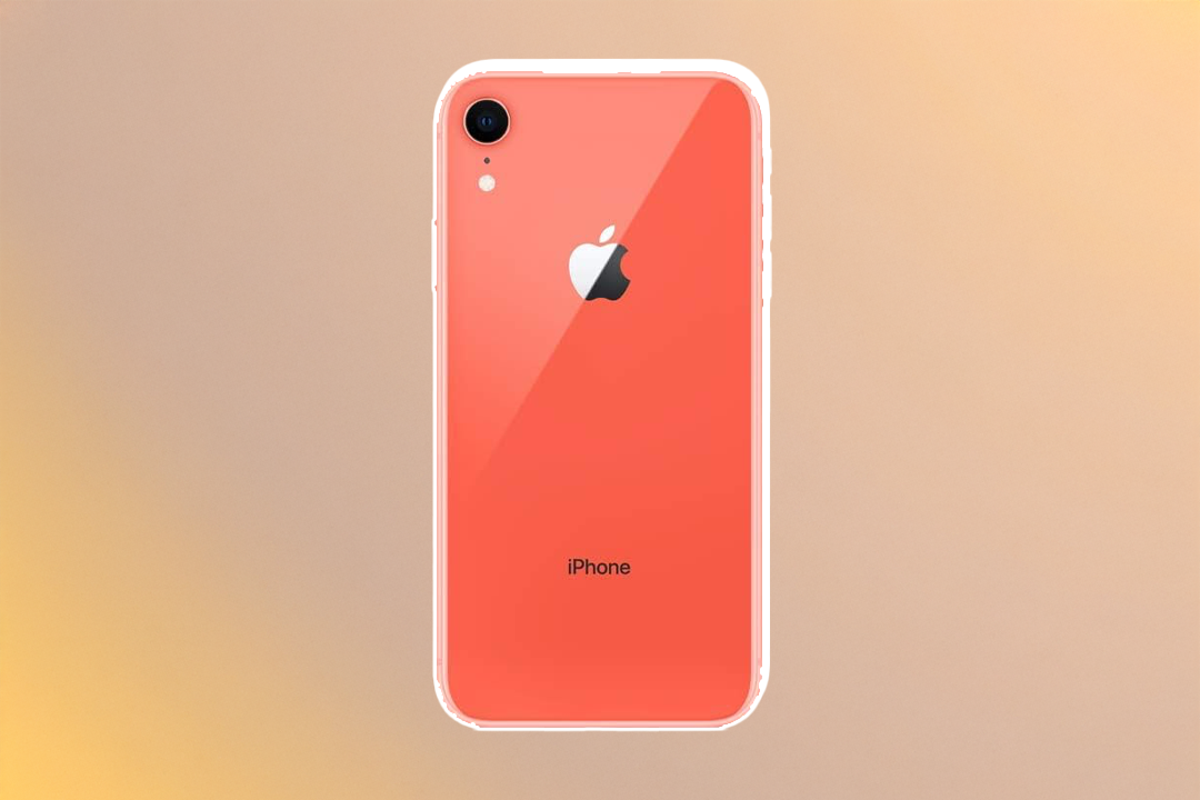
Apple announces potential iPhone 17 release date
Samsung unveils foldables and Pixel 10 prototype appears

Apple outlines three year iPhone redesign plan

Apple's foldable iPhone display sizes confirmed
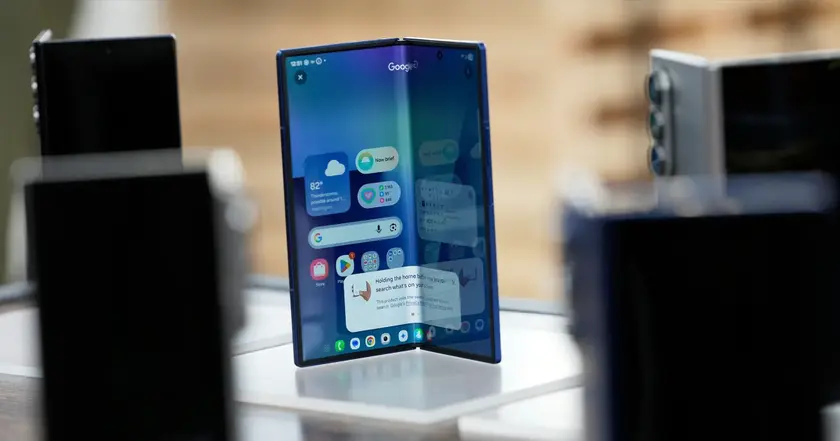
Samsung gains US market share as foldables gain momentum

Apple folds in touch and cameras for 2026 foldable
